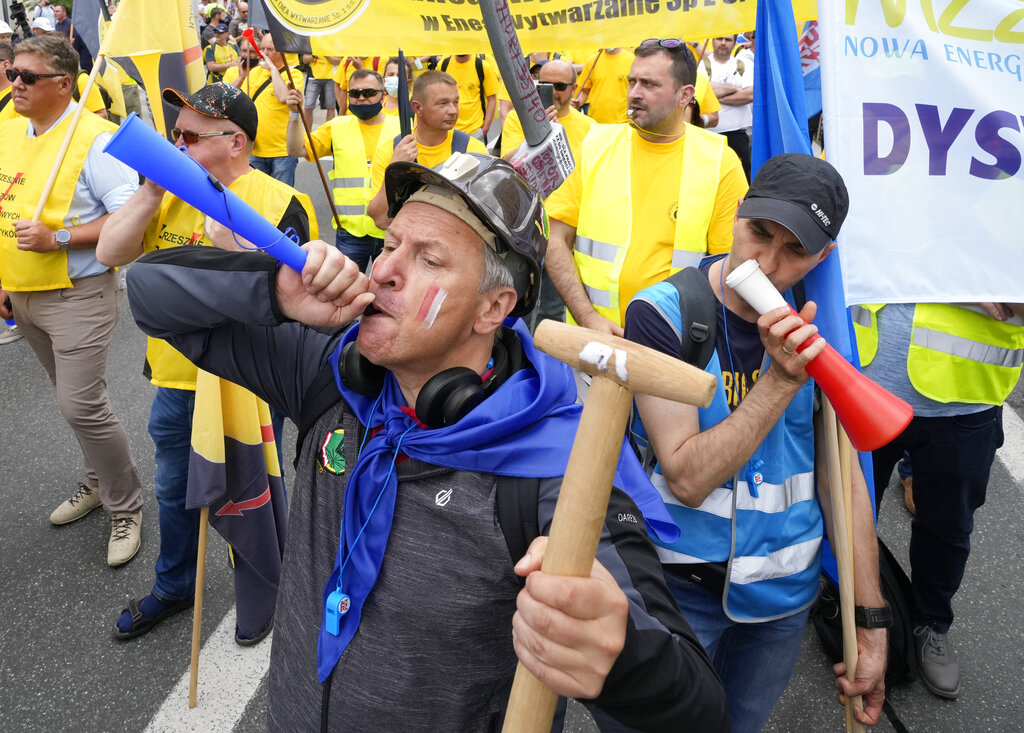Energy prices have crossed a critical point in Poland, leaving some companies fighting for their lives, according to wnp.pl. The site further says that the EU’s goal of lowering greenhouse gas emissions means higher obligations on those companies that depend on energy usage.
Market participants are finding it increasingly difficult to compete, with those relying on coal burdened by emission fees. “The energy-intensive industry is responsible for over 20 percent of Poland’s GDP,” WNP says, which has led to more and more demand for renewables to lower carbon footprint and remain competitive.

Related article: Poland: As energy prices soar, don’t expect PM Tusk to take the blame
Henryk Kaliś, president of the board of the Chamber of Industrial Energy and Energy Recipients, says the key factor for companies is not the price of energy itself, but whether it allows for profitable production and competition with foreign (non-European) companies. Electricity prices need to be below 60 euros per megawatt-hour to compete, and prices have already surpassed this threshold.
The EU’s climate policy affects companies across the continent and has led to European industry moving to Asia. However, Poland is in a particularly vulnerable position, as gas fuel accounts for 45 percent of the country’s energy system, explains Robert Tomaszewski, head of the energy department of Polityka Insight. Compare this to Scandinavian countries where electricity is mainly supplied by hydroelectric power plants, Spain where nuclear and renewables make up 70 percent of the energy mix, or France which has turned back on their nuclear plants, driving one megawatt-hour of electricity down to €47.
In early August, Polityka Insight’s data had Poland’s average wholesale price of electricity at an average of €90 per megawatt-hour, with higher prices only seen in Ireland (€98.68) and Italy (€95-98)
Mikołaj Budzanowski, who sits on the management board of Poland’s Boryszew Group, says there is no doubt that high energy prices are a major problem for Polish industry.






